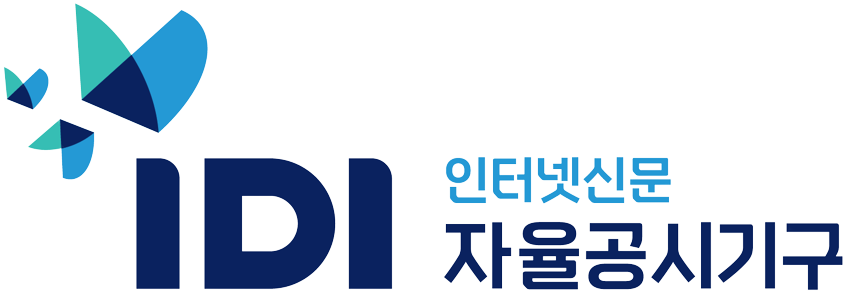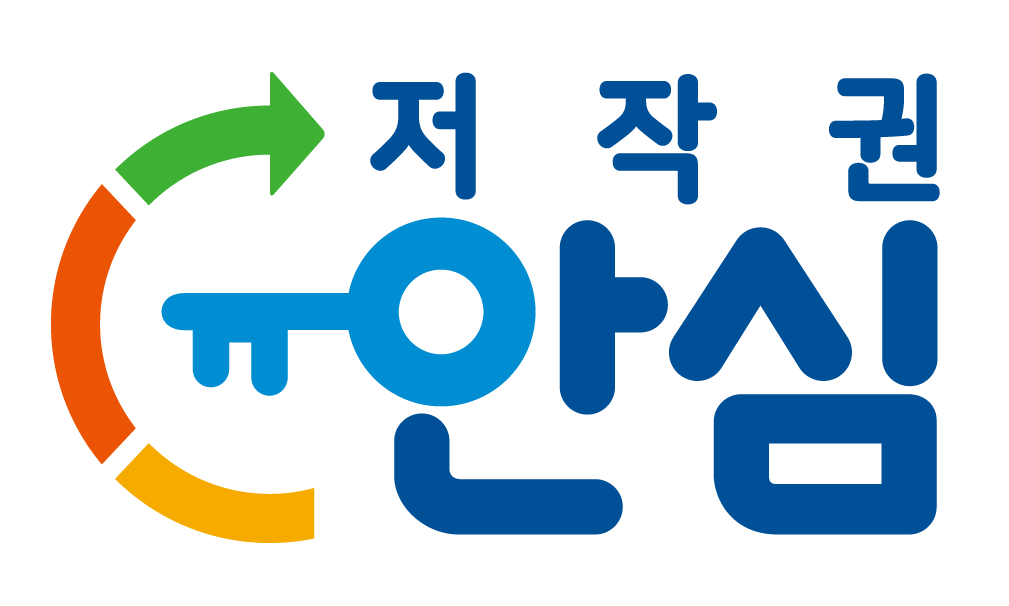Hyundai chief Chung Eui-Sun's big plans — and money ― to dominate the auto industry
권예림 기자
| kyr@newsprime.co.kr |
2019.10.07 17:48:06
[Newsprime] Automakers around the world are waging a battle to dominate the future auto industry. GM and Ford of the US and Mercedes-Benz, BMW and Volkswagen of Germany, and Toyota of Japan have been continuously releasing reports of collaborating with IT companies and accelerating the development of their new products.
Since Chung Eui-sun was appointed as executive vice chairman last year and took charge, Hyundai Motor Group has also been leading the market by focusing on the customers, providing outstanding service, adapting to future technologies, innovating corporate culture, and sharing its company values.
Most recently, Hyundai Motor Group garnered attention from the global auto industry by establishing a joint venture with Aptiv, a US startup specializing in self-driving technology.
It is unusual for an automotive manufacturer and self-driving firm to establish a separate joint venture to research and develop self-driving technologies. Major global auto brands generally acquire IT companies specializing in self-driving technologies or form relations by acquiring a small portion of their stocks.
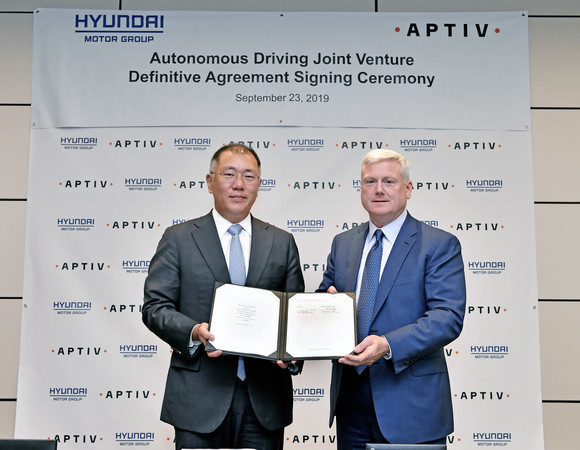
The Hyundai Motor Group and Aptiv set up a $4 billion autonomous driving joint venture in which the firms will each have a 50% stake. ⓒ Hyundai Motor Group
"Hyundai Motor Group's method of collaboration signals that huge changes and shift of perception are coming in the self-driving industry, which has been recently dominated by global carmakers and IT companies," said an industry expert.
"This cooperation will be a major step to commercialize self-driving technologies," said Chung in response. "We are confident that the company will lead the global self-driving ecosystem, combining the capabilities that Hyundai Motor Group possesses with the latest self-driving technologies that Aptiv has developed."
Hyundai Motor Group's total investment for the joint venture with Aptiv is $4 billion which is the largest investment it had made since its foundation.
Such bold investment by Hyundai Motor Group is being interpreted as a sign that it will launch a full-fledged attack against other auto companies in the self-driving field, and that it will speed up efforts to secure outstanding talent in the self-driving sector as well as drastically improve its JV research and development capabilities.
Previously, Chung had also made other bold investments to become a game-changer in the domestic and global auto market.
He led investments in not only self-driving but also mobility, connected cars, and electric vehicles, investing widely and heavily in companies based in the US, Israel, Singapore, and India. He has been vocal about Hyundai Motor Group's commitment to not only respond but lead the evolving auto market.
Specifically, he has taken a diversified investment approach in the mobility service sector taking regional characteristics into account. Since last year, an estimated total of 752 billion won has been poured into developing major mobility platforms.
Hyundai Motor Group invested about $275 million (328.3 billion won) in Grab based in Singapore, the largest car-sharing company in Southeast Asia, and has been operating a vehicle call service with Hyundai's electric vehicles in Singapore as a trial. In March, Hyundai invested about $300 million (338.4 billion won) in Olga, the number one car-hailing company in India.
It has also made strategic investments in MiGo, mobility service provider in the US, and Car Next Door, P2P car-sharing company in Australia. In addition, it invested 22.5 billion won in Mesh Korea, an IT-based logistics startup, and KST Mobility that operates Macaroon Taxi, a cab startup in South Korea.
In the field of self-driving cars, Hyundai invested around $750,000 (900 million) in Metawave, a US startup specializing in artificial intelligence, and $1.5 million (1.8 billion won) in Aurora which specializes in autonomous driving. Hyundai Motor is also a founding member of ACM Research in the US and has invested $5 million to build an advanced testbed.
Besides US companies, Hyundai Motor Group has invested about $3 million (3.2 billion won) in Oaxis, an Israeli company specializing in Ryder, and secured 9.7 percent of its shares. It also invested in Autotalks and MDGo in Israel and WayRay, a Swiss hologram AR navigation company, to secure competitiveness in the connected car sector.
Meanwhile, Hyundai Motor Group introduced AI assistant services for vehicles working with Kakao i in Korea and SoundHound and Nuance in the US. It also invested in IONITY, securing 20% of its shares like its competitors including BMW, Volkswagen, and Ford.
In May, Hyundai invested approximately 100 billion won into Rimac, Croatia's high-performance electric vehicle, which is considered Tesla's rival, and has shown developments in high-performance electric vehicles as well.
"While Hyundai's interest in electric vehicles was overdue, it has quickly emerged as a dark horse in the future car industry since Chung took the seat, and its latest cooperation with Aptiv is the apogee of its commitment to self-driving technologies," said an industry expert. "We can expect Hyundai's aggressive investment to continue in the future."
ⓒ 프라임경제(http://www.newsprime.co.kr) 무단전재 및 재배포금지









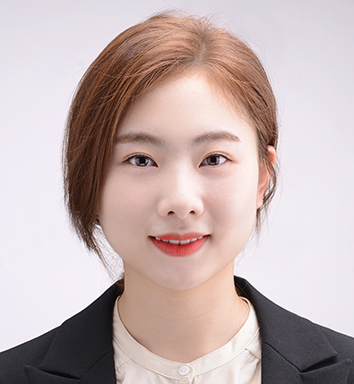





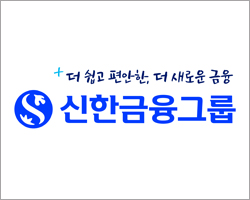
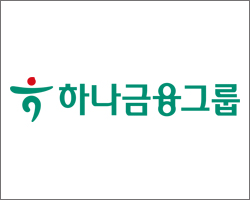

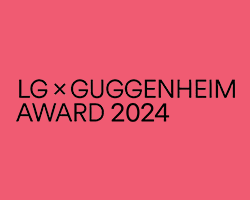





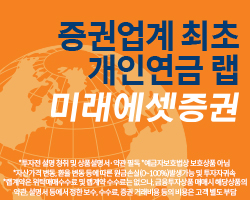



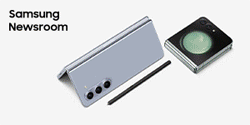
![[포토] 5입 클로버의 행운을 가져가세요!](https://www.newsprime.co.kr//data/cache/public/photos/cdn/20240417/art_637532_1714091564_245x140.jpg)

